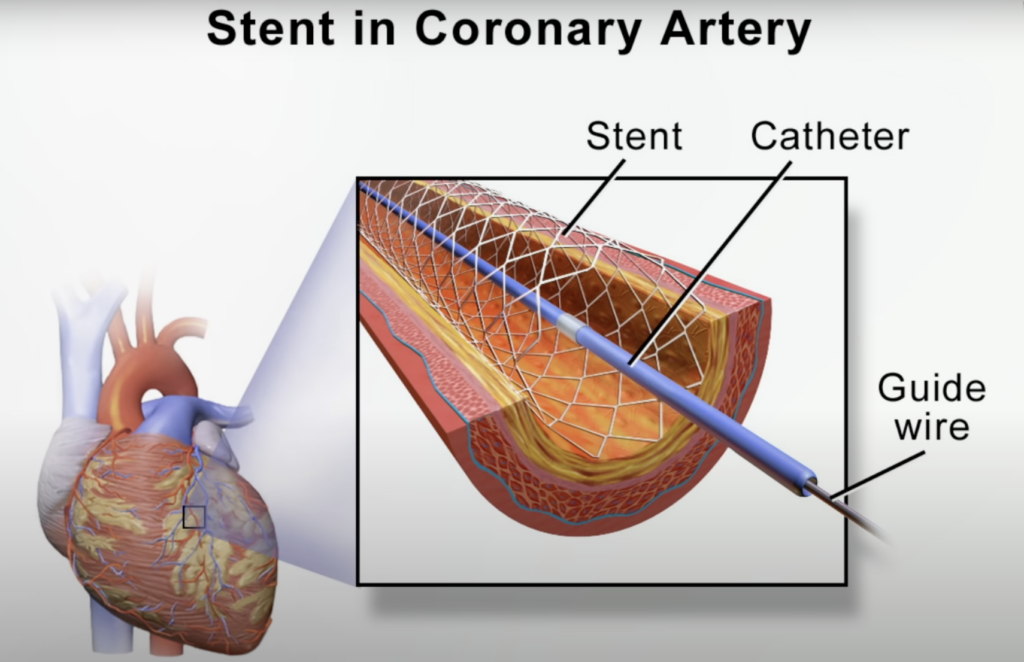Revolutionizing Heart Health: Understanding Angioplasty and Stents
Coronary artery disease remains the leading cause of death globally, affecting both men and women. This condition involves blockages in the blood vessels that supply the heart muscle, leading to potential complications such as angina and heart attacks. While plant-based diets and lifestyle interventions have shown success in reversing arterial blockages by addressing the root causes of the issue, some individuals may opt for medical or surgical interventions.
Exploring the Role of Heart Stents
Traditionally, treatments like angioplasty and stent placement have been utilized to address narrowing of the coronary arteries. Angioplasty involves the insertion of a balloon to widen the artery, while stents, typically metal mesh tubes, provide structural support to keep the vessel open. Advances in technology have led to the development of drug-eluting stents that release medications over time to further improve blood flow.

Understanding the Risks of Stent Procedures
While angioplasty and stents can be life-saving during a heart attack, the risks and benefits of these procedures for stable coronary artery disease have come under scrutiny. Studies have shown that these interventions may not significantly reduce the risk of heart attacks or improve long-term outcomes for patients. Additionally, there are potential complications associated with stent placement, including kidney injury, stroke, and even death.
Reevaluating the Efficacy of Stents
Recent research has raised questions about the necessity of stents for non-emergency cases of coronary artery disease. Despite being a common procedure, the benefits of angioplasty and stents in stable patients have been called into question. Patients should be fully informed about the risks and benefits of these interventions to make educated decisions about their treatment options.
Embracing a Holistic Approach to Heart Health
As the medical community continues to debate the effectiveness of stents, there is growing recognition of the importance of addressing the underlying causes of heart disease. Adopting a plant-based diet and making lifestyle modifications have shown promising results in reversing arterial blockages and improving overall heart health. Rather than focusing on symptomatic relief, treating the root cause of the disease is key to long-term wellness.
Empowering Heart-Healthy Choices
In conclusion, the conversation around angioplasty and stents highlights the need for a comprehensive approach to heart health. By prioritizing preventive measures, such as dietary changes and lifestyle interventions, individuals can take proactive steps to manage their cardiovascular health. As we continue to explore innovative strategies for treating heart disease, education and empowerment will be crucial in guiding individuals towards optimal wellness.














